ARTICLE AD BOX
Last Updated:November 07, 2025, 13:43 IST
PM Modi inaugurated the year-long commemoration today at the Indira Gandhi Indoor Stadium in New Delhi.
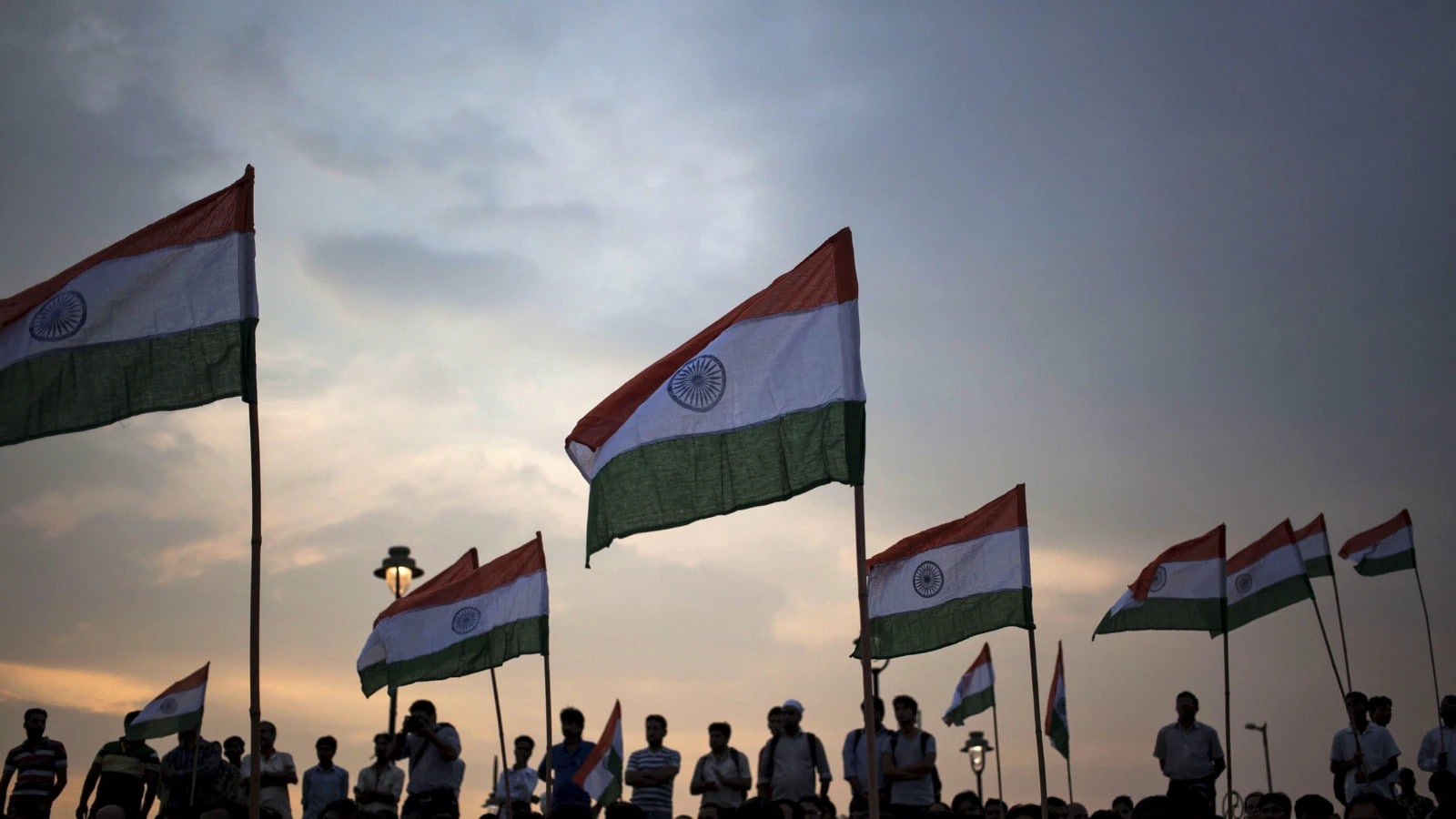
India’s national song ‘Vande Mataram’ completes 150 years today, marking a century and a half of patriotic resonance, literary brilliance, and revolutionary spirit.
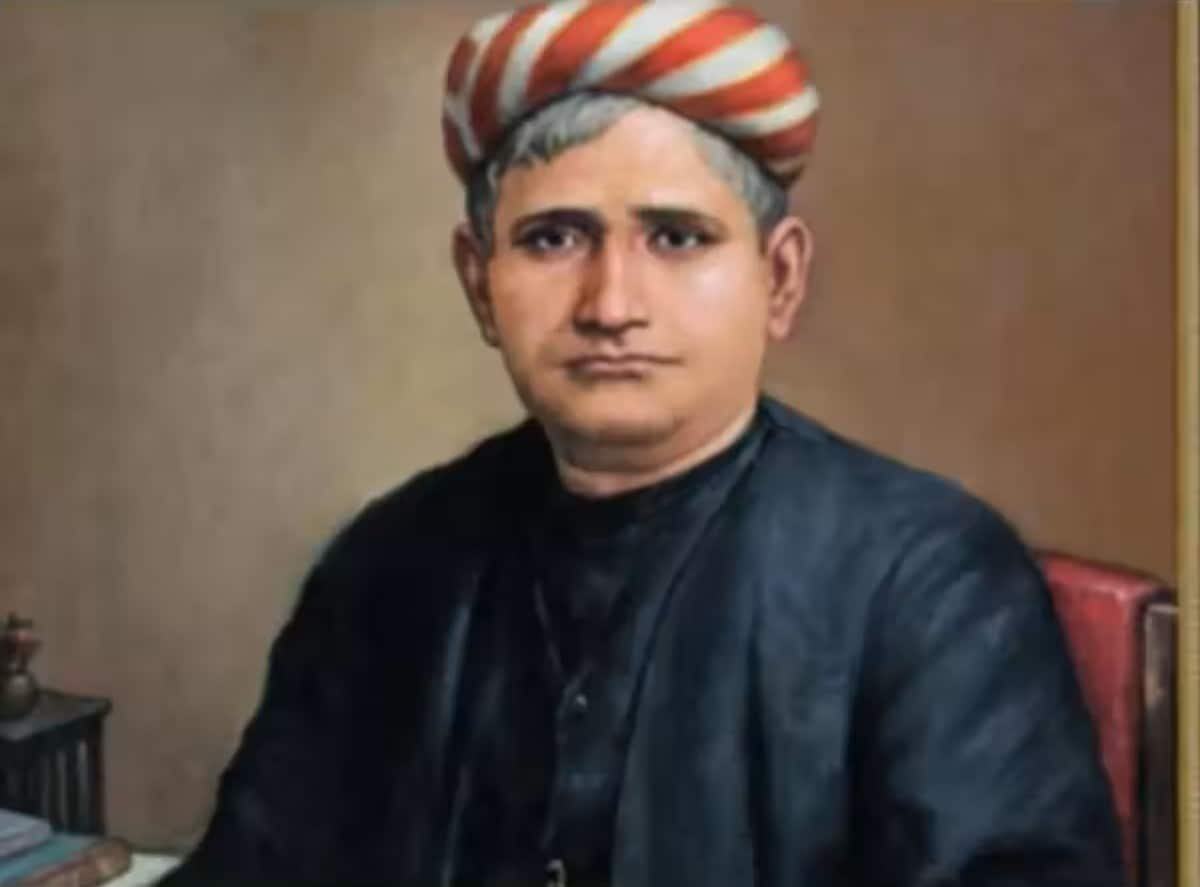
Vande Mataram, meaning “I bow to thee, Mother,” was composed by Bankim Chandra Chatterjee in 1875. It first appeared in the Bengali literary journal Bangadarshan on November 7, 1875, and was later included in his iconic novel Anandamath (1882). The song was written in a mix of Sanskrit and Bengali, symbolizing unity in diversity and invoking the motherland as a divine force.
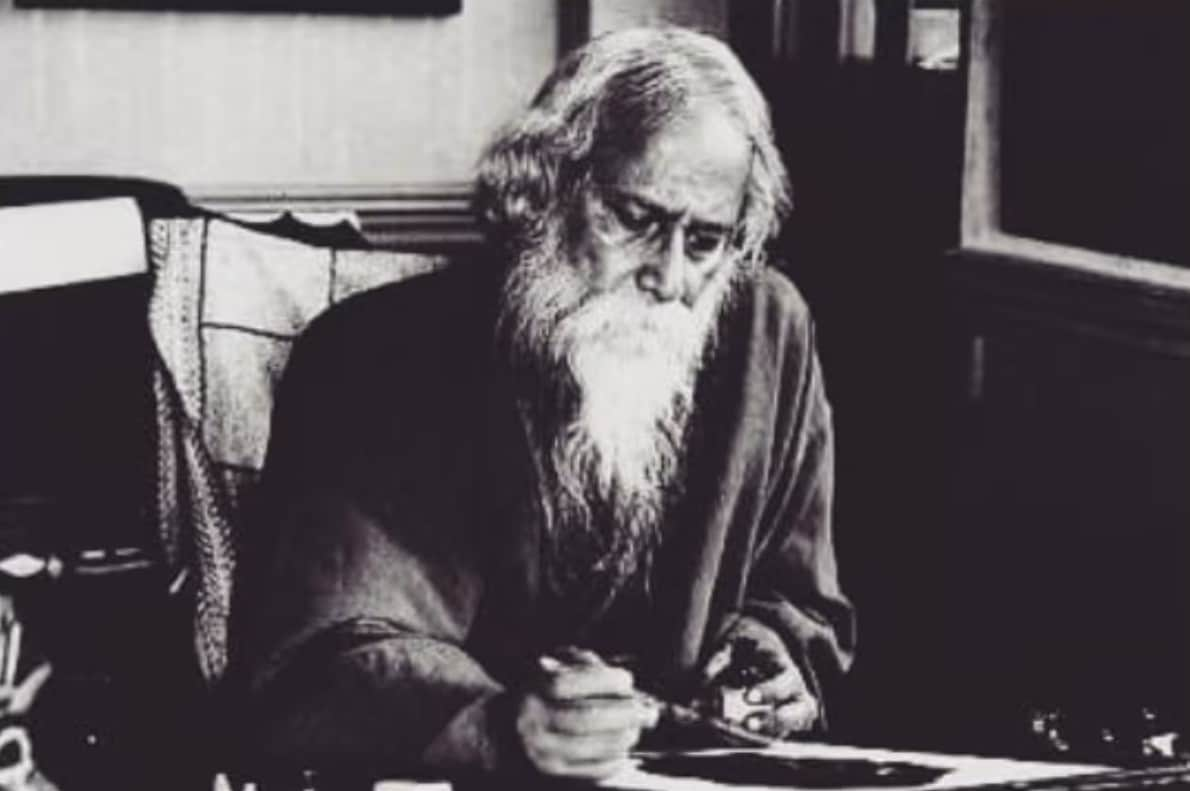
The song gained national prominence when Rabindranath Tagore set it to music and performed it at the 1896 session of the Indian National Congress in Calcutta.

Over the years, it was reinterpreted by various musicians, including A.R. Rahman, whose modern rendition in the 1990s brought it to a new generation. (Image: Instagram)
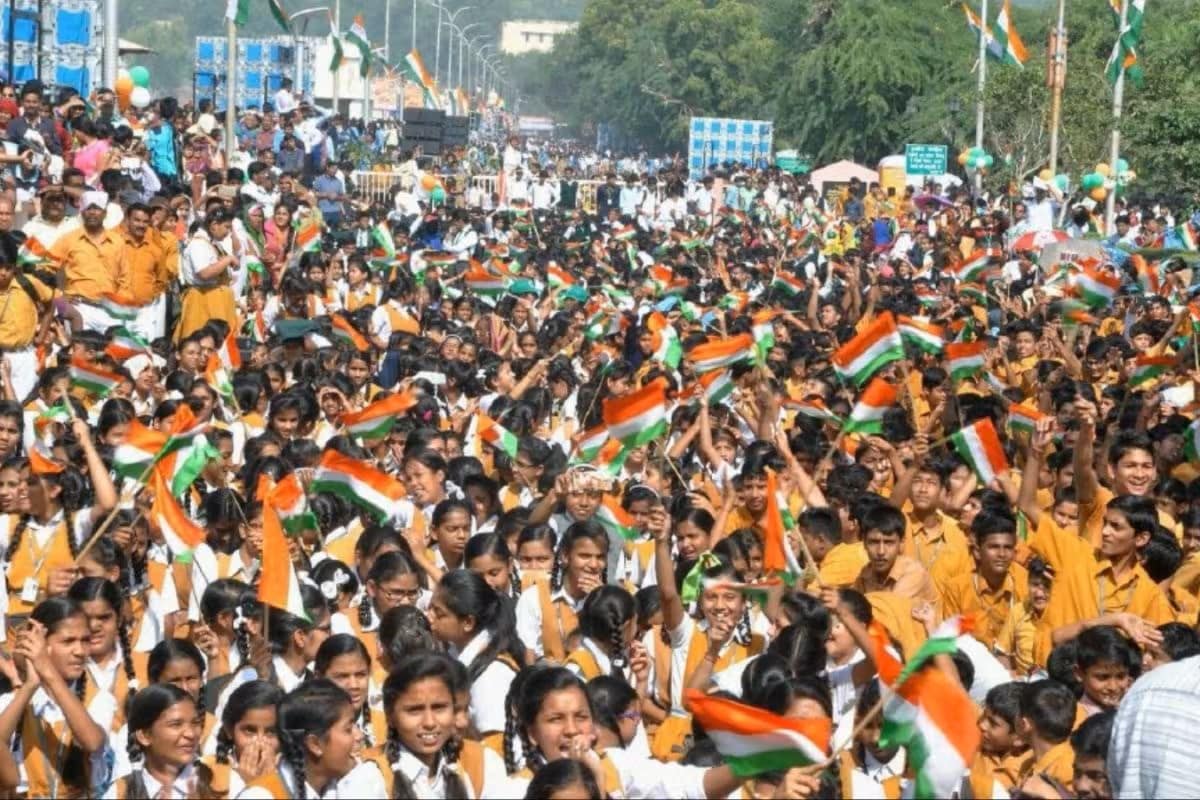
Vande Mataram was declared India’s National Song by the Constituent Assembly in 1950, distinct from the National Anthem (Jana Gana Mana). It played a pivotal role during the freedom movement, often chanted at protests and rallies to inspire unity and courage.
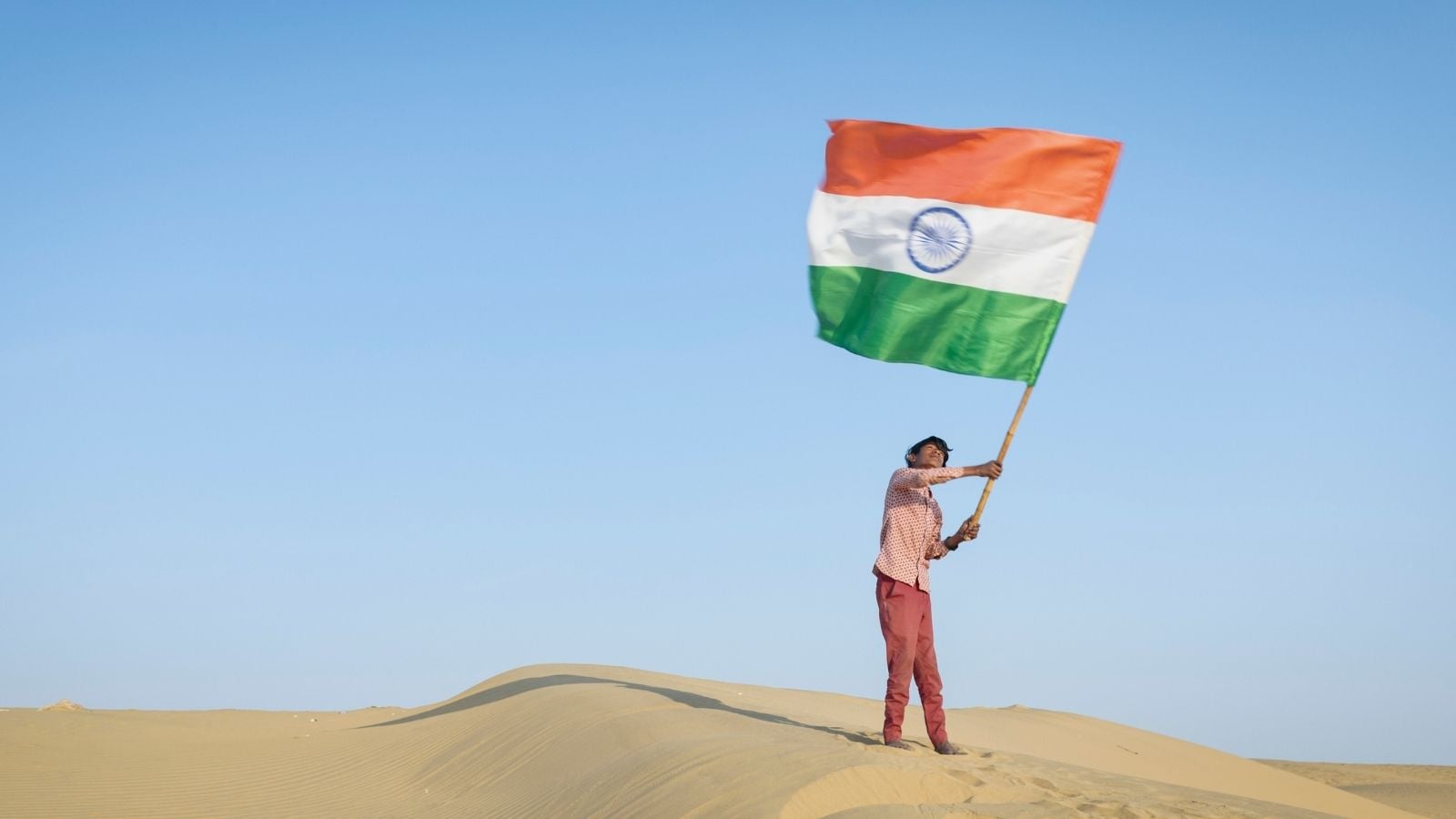
During British rule, singing Vande Mataram was considered seditious. In some regions, people were fined ₹5 for singing it publicly. (Image: Canva)
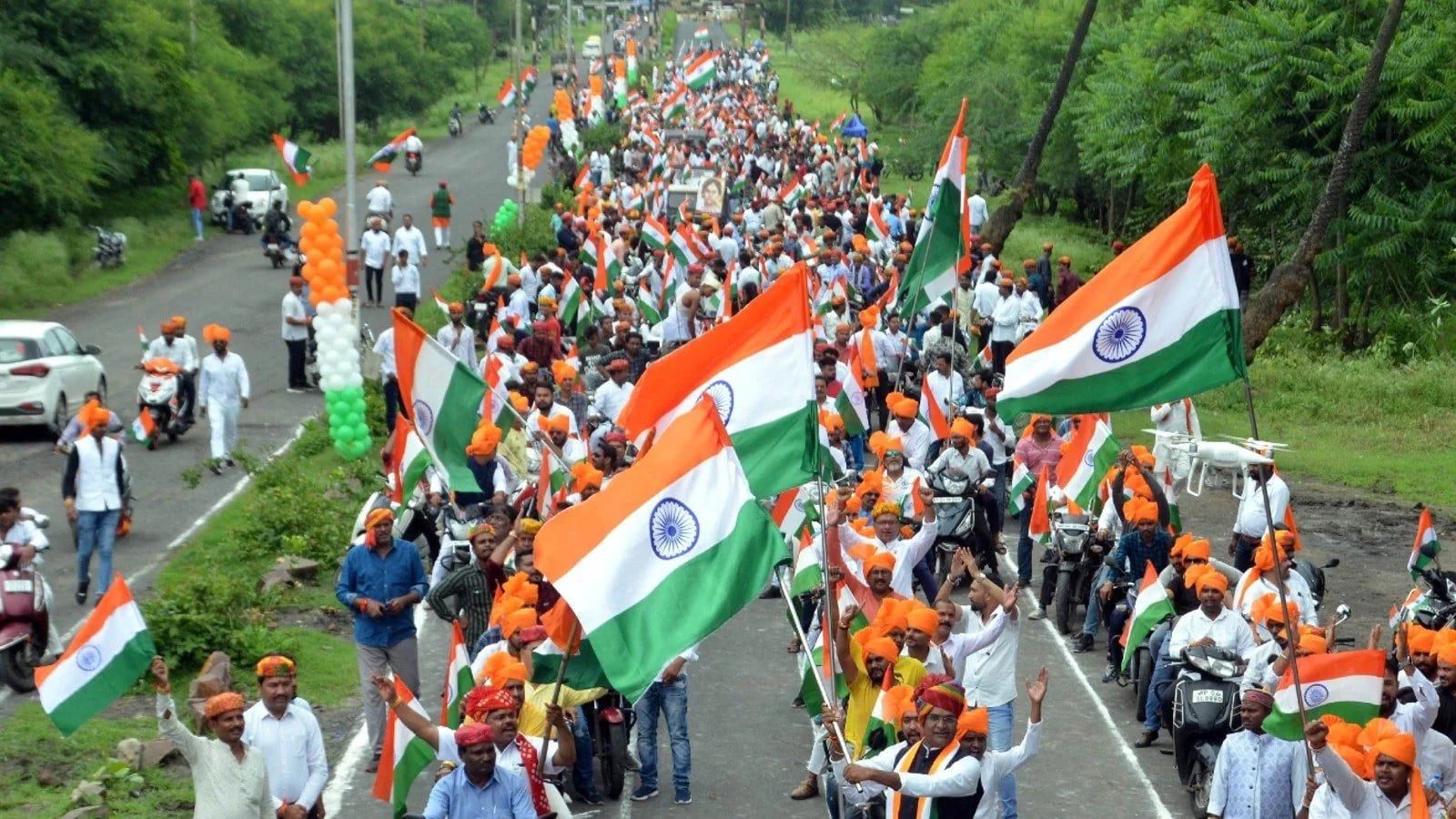
The song was banned in certain colonial institutions, yet it continued to be a rallying cry for revolutionaries and freedom fighters.

 3 days ago
6
3 days ago
6








 English (US) ·
English (US) ·